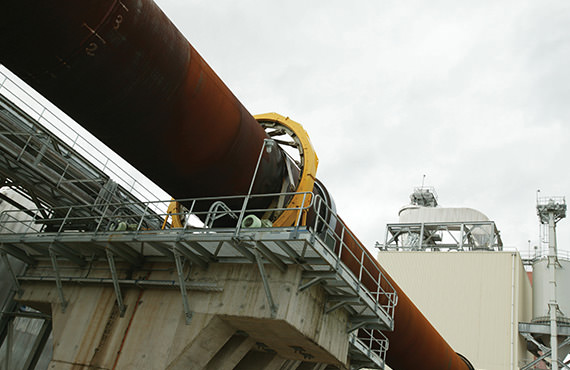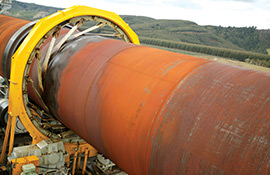Minimizing variability in the recausticizing process is crucial to ensure consistent cooking of the wood chips in the pulping process.
Recausticizing recovers the costly alkaline chemicals used in the cooking process of a mill. Green liquor (sodium carbonate) is converted to white or cooking liquor (sodium hydroxide) by adding lime. Minimizing variability in the recausticizing process is crucial to ensure consistent cooking of the wood chips in the pulping process. Typical operational challenges include filter scaling, slaker boiling over, and over liming.





